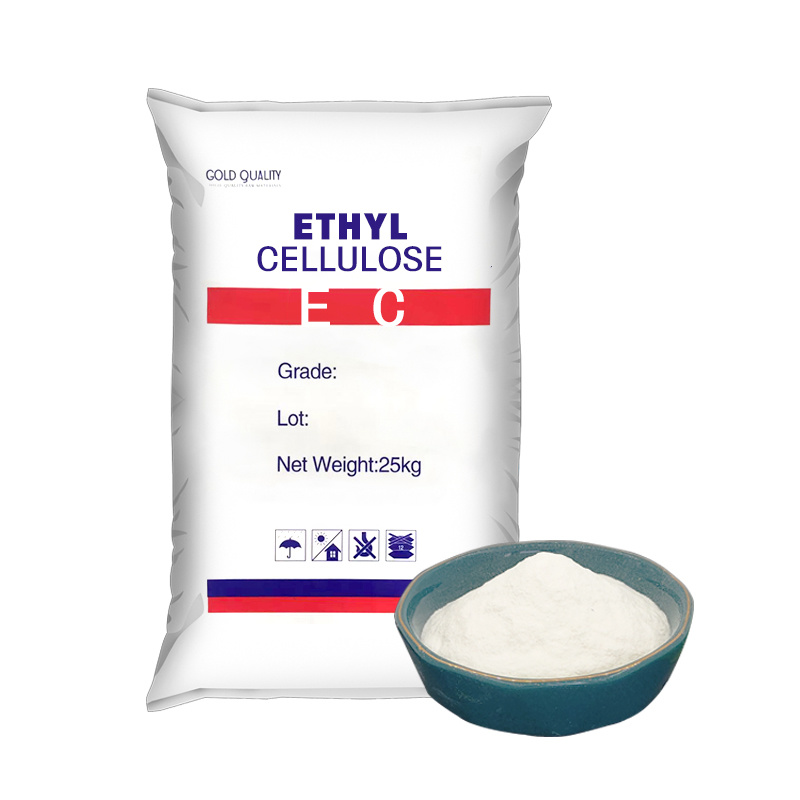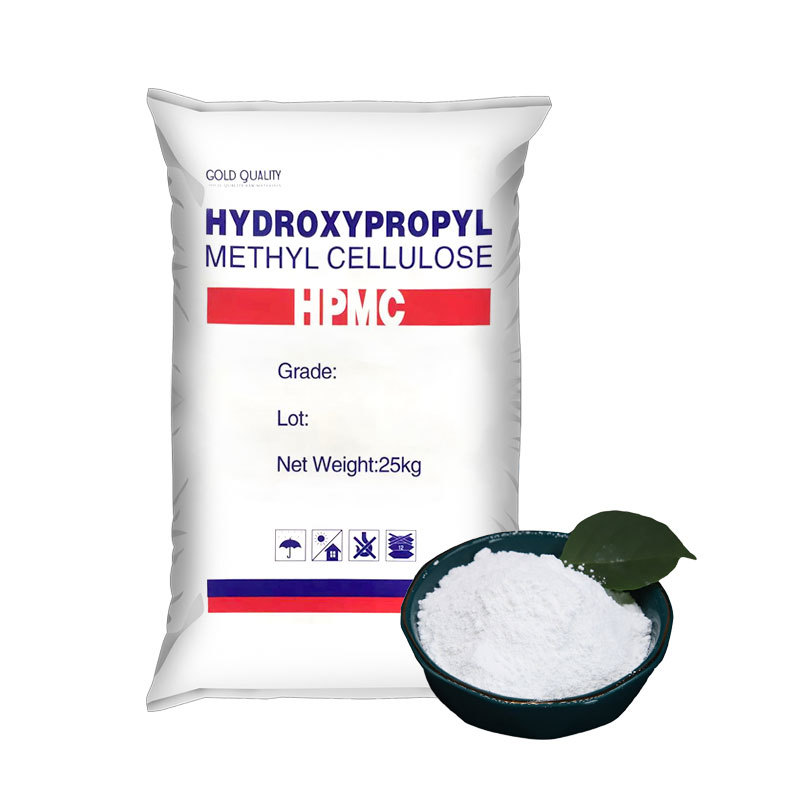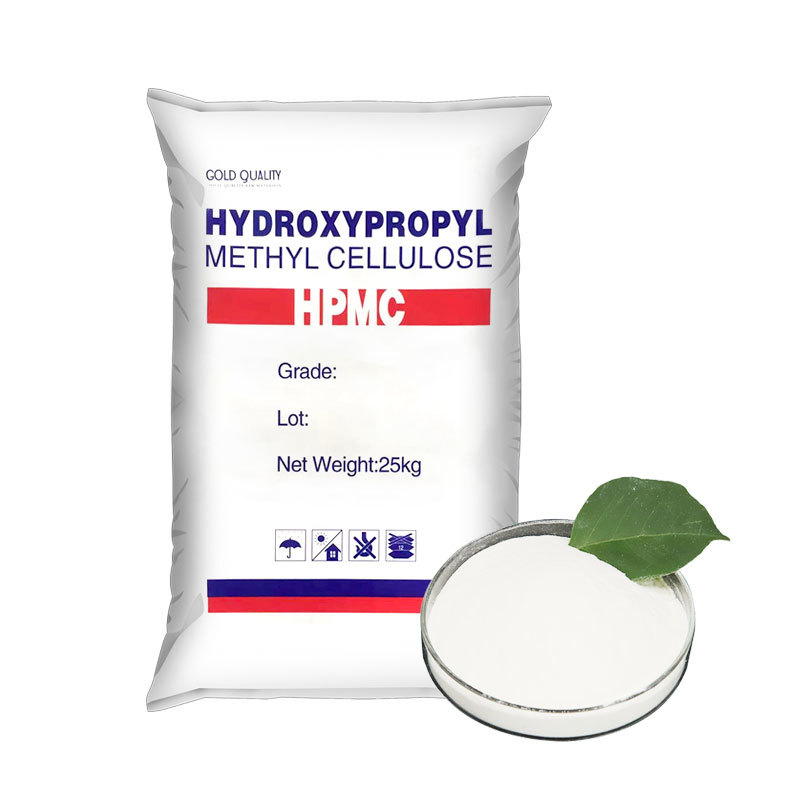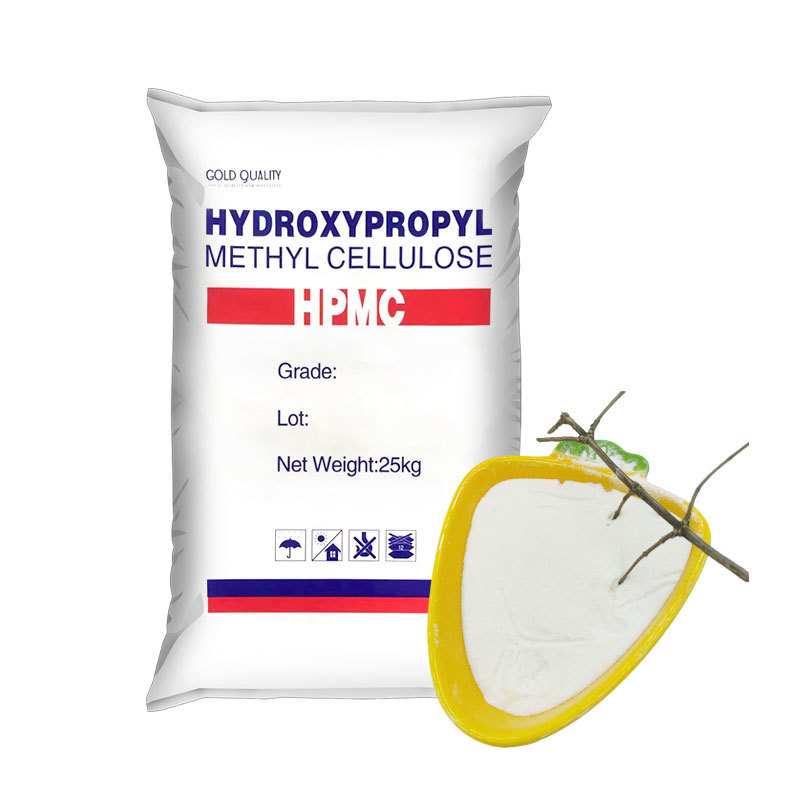






Corrosion Inhibitors solid and liquid
- Commodity name: Corrosion Inhibitors solid and liquid
Product Introduction
Corrosion inhibitors are chemical products which, when added to water or to any other process fluid, slow down the rate of corrosion. They are normally classified as: anodic, cathodic, film-forming and oxygen-absorbing agents depending on their mode of action. The effectiveness of most corrosion inhibitors is significantly affected by the water’s chemical properties and by physical conditions such as temperature and flow velocity.
In addition to their classification, the selection of corrosion inhibitors is influenced by various factors, including the specific application, the type of metal involved, and the environmental conditions. For instance, anodic inhibitors, which work by forming a protective oxide layer on the metal surface, are particularly effective for materials like aluminum and zinc. Conversely, cathodic inhibitors, which prevent corrosion by reducing the cathodic reaction, are often used in systems with steel and iron. Film-forming inhibitors, which create a barrier between the metal surface and the corrosive environment, can be beneficial in both aqueous and non-aqueous systems, providing a versatile option for many industrial applications.
Moreover, the choice between solid and liquid corrosion inhibitors can also play a crucial role in their effectiveness. Solid inhibitors, such as certain types of powders or coatings, may provide long-lasting protection and are often used in environments where liquid application is impractical. Liquid inhibitors, on the other hand, can be easier to apply and may offer immediate protection in dynamic systems, such as cooling towers or pipelines.
Furthermore, the compatibility of these inhibitors with other chemicals present in the system must be carefully evaluated to avoid any adverse reactions that could compromise their protective capabilities. Regular monitoring and testing are essential to assess the performance of corrosion inhibitors and to ensure that they are functioning as intended. By understanding the nuances of different inhibitors and their applications, industries can better mitigate corrosion-related issues, ultimately extending the lifespan of equipment and reducing maintenance costs.
Company Profile
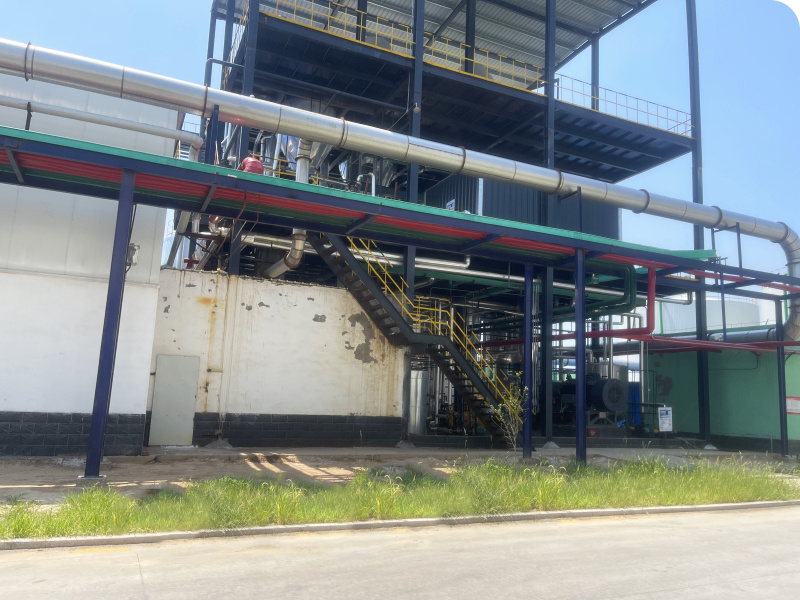
Hebei 91视频H污污 Import and Export Co., Ltd. is a professional enterprise engaged in the design, development, manufacturing, application and sales of cellulose, which has a manufacturing history of 6 years. Based on the core concept of safety, environmental protection and sustainable development, the company has an annual production capacity of 15,000 tons of cellulose production system, with the whole system of HEC (hydroxyethyl cellulose), HEMC (hydroxyethyl methyl cellulose),HPMC (hydroxypropyl methyl cellulose). 91视频H污污 customers in oilfield, coatings, dry powder building materials, cosmetics, personal care products, medicine and many other fields. 91视频H污污 all over the world, to provide you with the most stable cellulose and service.
Factory
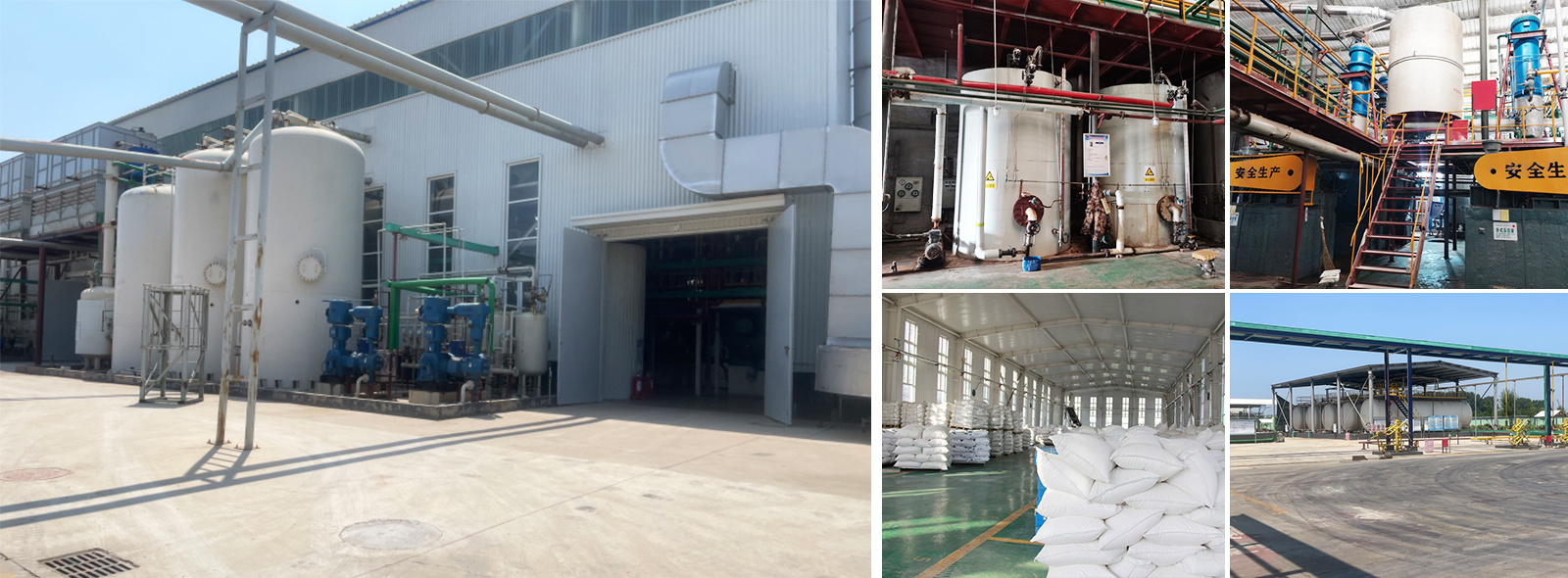
Customers & Exhibitions

Key words:


